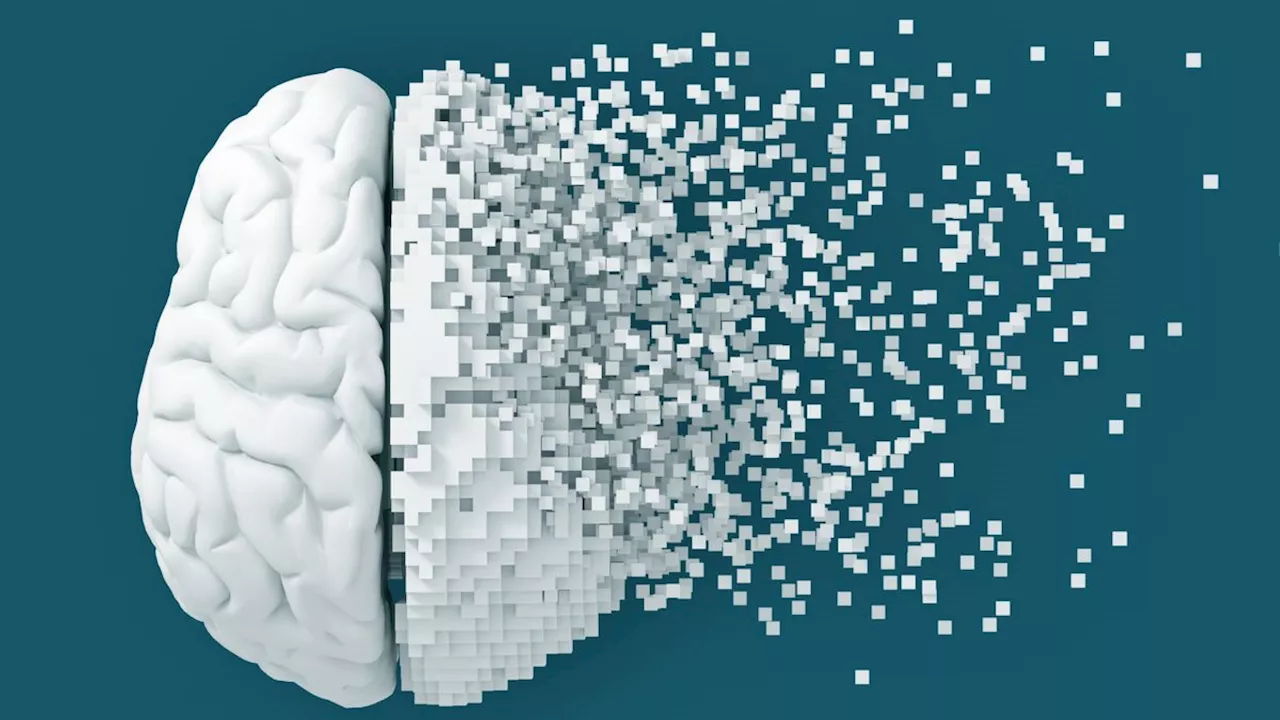A new study raises concerns about the long-term reliability of AI in medical diagnoses, suggesting that AI technologies may experience cognitive decline similar to humans. While AI excels in areas like language and attention, it struggles with visual-spatial skills and executive function, potentially hindering its accuracy in identifying medical issues. The study's findings challenge the assumption that AI will soon replace human doctors, prompting a discussion about the limitations of artificial intelligence in healthcare.
The ultimate action-packed science and technology magazine bursting with exciting information about the universeEngaging articles, amazing illustrations & exclusive interviews for medical diagnoses because of how quickly and efficiently these tools can spot anomalies and warning signs in medical histories, X-rays and other datasets before they become obvious to the naked eye. But a new study published Dec.
MoCA is most commonly used to assess or test for the onset of cognitive impairment in conditions like Alzheimer's disease or dementia. Subjects are given tasks like drawing a specific time on a clock face, starting at 100 and repeatedly subtracting seven, remembering as many words as possible from a spoken list, and so on. In humans, 26 out of 30 is considered a passing score scored the highest , the older Gemini 1.
AI Medical Diagnosis Cognitive Decline Chatbots Llms
United States Latest News, United States Headlines
Similar News:You can also read news stories similar to this one that we have collected from other news sources.
 AI Chatbots Show Signs of Cognitive Decline in Israeli StudyAn Israeli study suggesting leading AI chatbots exhibit mild cognitive decline has sparked debate in the field. Critics argue that the assessment is flawed as AI systems are not designed to think like humans. The study, published in the journal's Christmas issue, administered the Montreal Cognitive Assessment (MoCA) to five popular chatbots, finding that they struggled with visuospatial tasks and empathy, raising questions about their reliability in medical diagnostics.
AI Chatbots Show Signs of Cognitive Decline in Israeli StudyAn Israeli study suggesting leading AI chatbots exhibit mild cognitive decline has sparked debate in the field. Critics argue that the assessment is flawed as AI systems are not designed to think like humans. The study, published in the journal's Christmas issue, administered the Montreal Cognitive Assessment (MoCA) to five popular chatbots, finding that they struggled with visuospatial tasks and empathy, raising questions about their reliability in medical diagnostics.
Read more »
 Anesthesia Type Doesn't Significantly Impact Cognitive Decline in Older Hip Fracture PatientsA new study suggests that the type of anesthesia used in older adults undergoing hip fracture surgery doesn't significantly affect their risk of cognitive decline one year later. While both regional and general anesthesia were studied, no notable differences were found in cognitive function, quality of life, or mental health outcomes between the two groups. However, the study highlights the vulnerability of patients with pre-existing mild cognitive impairment to long-term decline after surgery, emphasizing the need for routine preoperative cognitive screening.
Anesthesia Type Doesn't Significantly Impact Cognitive Decline in Older Hip Fracture PatientsA new study suggests that the type of anesthesia used in older adults undergoing hip fracture surgery doesn't significantly affect their risk of cognitive decline one year later. While both regional and general anesthesia were studied, no notable differences were found in cognitive function, quality of life, or mental health outcomes between the two groups. However, the study highlights the vulnerability of patients with pre-existing mild cognitive impairment to long-term decline after surgery, emphasizing the need for routine preoperative cognitive screening.
Read more »
 Oral Microbiome Could Hold Key to Delaying Cognitive DeclineA new study suggests that promoting specific bacteria in the mouth may help delay cognitive decline.
Oral Microbiome Could Hold Key to Delaying Cognitive DeclineA new study suggests that promoting specific bacteria in the mouth may help delay cognitive decline.
Read more »
 ECG tests may someday be used by AI model to detect premature aging and cognitive declineAn artificial intelligence (AI) model designed to predict a person's biological age (age of body cells and tissues) based on electrocardiogram (ECG) data found a strong association between ECG-age and cognitive performance.
ECG tests may someday be used by AI model to detect premature aging and cognitive declineAn artificial intelligence (AI) model designed to predict a person's biological age (age of body cells and tissues) based on electrocardiogram (ECG) data found a strong association between ECG-age and cognitive performance.
Read more »
 A Breakthrough For Cognitive Decline, Long COVID & Brain InjuriesThis may be the key to unlocking our brain's full regenerative potential.
A Breakthrough For Cognitive Decline, Long COVID & Brain InjuriesThis may be the key to unlocking our brain's full regenerative potential.
Read more »
 Heavy Cannabis Use Linked to Cognitive Decline, Especially in Working MemoryA new large-scale study reveals that heavy cannabis use can negatively impact cognitive function, particularly working memory, which is crucial for reasoning, decision-making, and controlling behavior. The study, which analyzed brain imaging data and self-reported cannabis use habits, found that heavy cannabis users exhibited reduced activity in brain areas associated with working memory, such as the prefrontal cortex and the anterior insula.
Heavy Cannabis Use Linked to Cognitive Decline, Especially in Working MemoryA new large-scale study reveals that heavy cannabis use can negatively impact cognitive function, particularly working memory, which is crucial for reasoning, decision-making, and controlling behavior. The study, which analyzed brain imaging data and self-reported cannabis use habits, found that heavy cannabis users exhibited reduced activity in brain areas associated with working memory, such as the prefrontal cortex and the anterior insula.
Read more »
